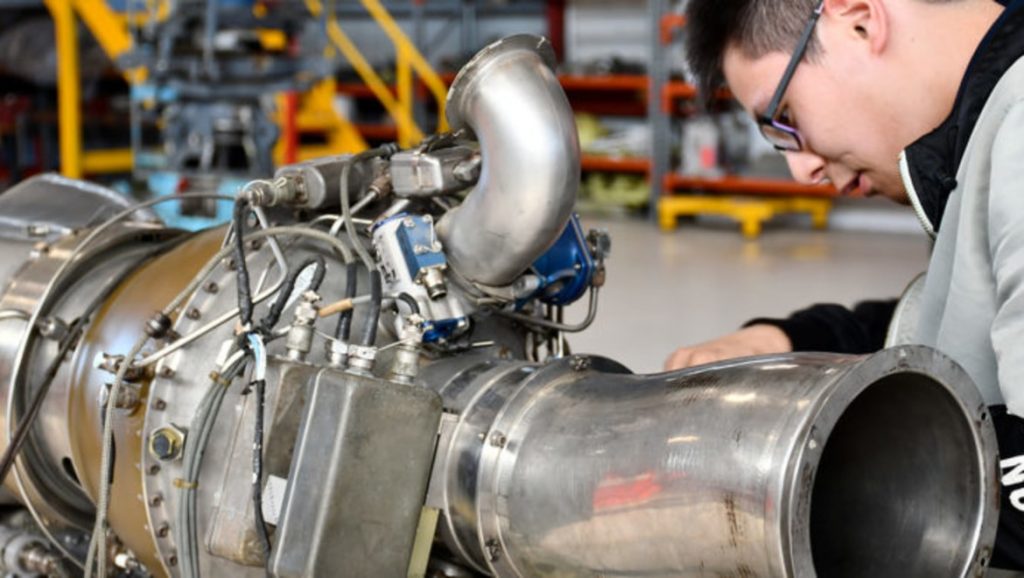
Engineers Australia has called on the federal government to incentivise business to launch graduate schemes to help tackle a chronic skills shortage.
The professional body made the recommendation as part of its new report on the problem, which also suggested a greater emphasis on recognising the benefits of women and migrant engineers.
The Strengthening the Engineering Workforce investigation cites research indicating there is a long-term shortage of engineers in Australia.
“The shortages of engineering skills is chronic in the sense that Australia has relied on overseas-born engineers to provide capability over many decades,” it reads.
“As a result, there is a growing divergence between the number of qualified engineers in Australia and those working in engineering occupations.
“There are more qualified engineers within Australia than at any point in history, but proportionally less in engineering occupations.
“The experience of shortages are most acute during periods of high economic growth, as seen with the mining boom and current COVID-induced stimulatory spending.”
The investigation goes on to state that many engineering students, especially high performers, secure a non-engineering job in the latter years of their studies.
“Engineering organisations need to compete with these organisations by providing attractive internship and graduate program opportunities,” it argues, adding that the government should improve funding for these via tax incentives for SMEs.
Engineers Australia chief engineer, Jane MacMaster, said that with a high job vacancy rate, a looming emissions reduction deadline, and an economic recovery hinging on major infrastructure projects, the recruitment of engineers must be considered a “national strategic imperative”.
“Our economy and communities are more reliant on the engineering profession than ever before, and we need to ensure we have enough engineers to design solutions for society’s most complex problems,” MacMaster said.
“Without urgent action on the engineering skills shortage, we will see project costs and timelines blow out. And for critical endeavours such as the transition to net zero emissions and circular economies, we don’t have time to spare.”
MacMaster spoke to Australian Aviation last year, highlighting the issue of not enough women taking a career in engineering, despite girls enjoying STEM subjects in school. This has led, she argued, to a local workforce hugely reliant on migrants.
“About 58.5 per cent of the engineering workforce are skilled migrants in Australia,” said MacMaster. “We have relied for a very long time on them to make up our engineering workforce. The impact of border closures has been real.
“It’s been great in some sectors more than others. It hasn’t impacted defence, for example, because they’re less able to rely on skilled migrants because of their security clearance requirements, with citizenship and so forth.
“And while we should remember that this avenue, hopefully, will be available to us again, we also need to put a lot more effort into strengthening the pipeline of our domestically trained engineers.
“Because with all the engineering related initiatives in the pipeline, whether it’s advanced manufacturing, or our infrastructure pipeline, or innovation more broadly, it’s all going to require engineers.”
The full interview is available to subscribers here.















